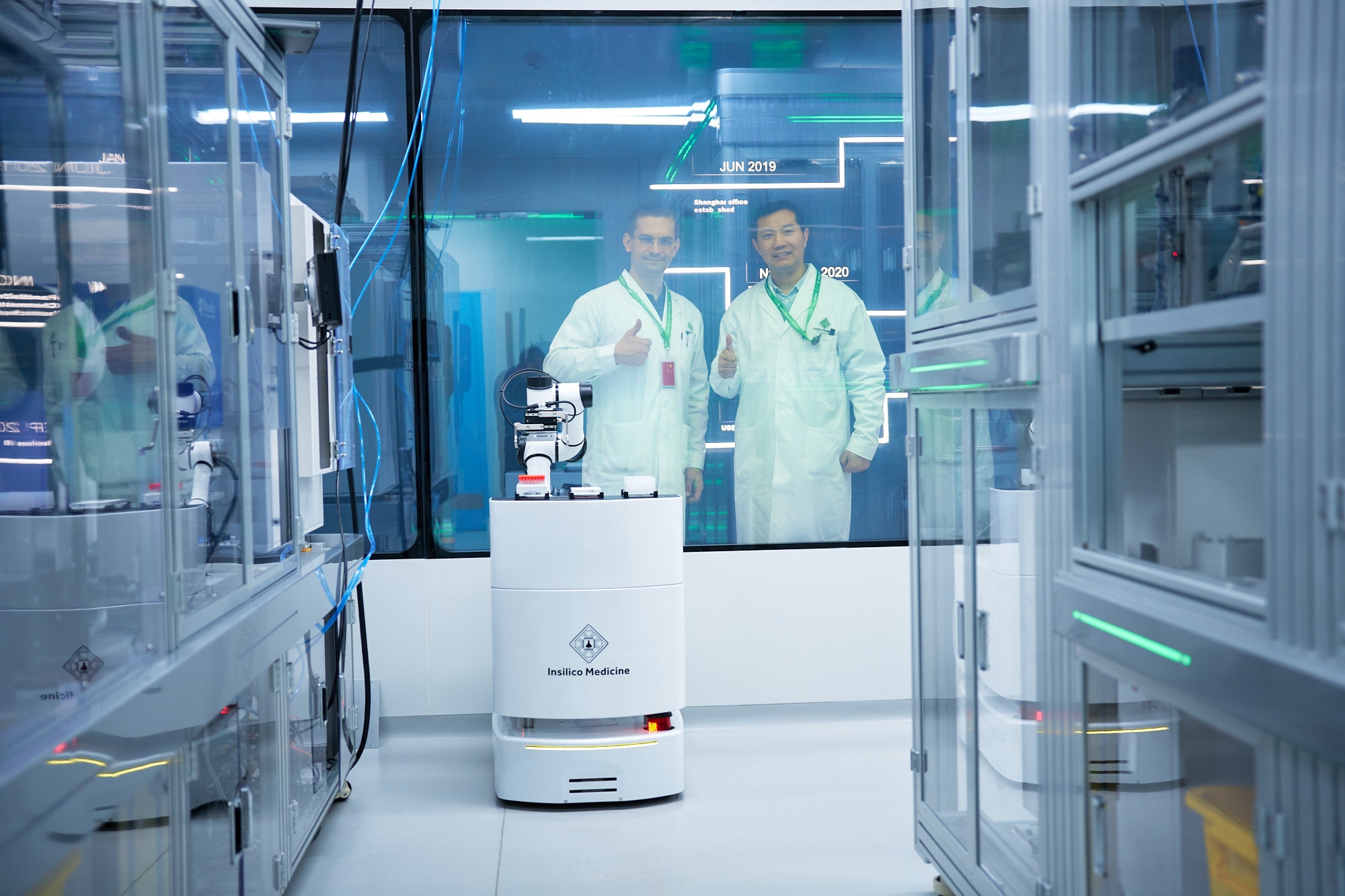Insilico Medicine announced that the first-ever drug developed by artificial intelligence has entered Phase 2 clinical trials. The drug, currently known as INS018_055, aims to treat idiopathic pulmonary fibrosis (IPF), a rare and progressive chronic lung disease. The 12-week trial will involve participants diagnosed with IPF. According to Insilico Medicine’s CEO, Alex Zhavoronkov, the drug will undergo the same rigorous testing process as traditionally discovered drugs, ensuring its effectiveness and safety. However, the discovery and design process of this AI-generated drug are groundbreaking.
Zhavoronkov explains the four steps involved in developing a new drug. The first step is finding a biological mechanism or target that is driving the disease. In this case, artificial intelligence was used to identify a new target for IPF. The second step is creating a drug that targets that biological mechanism without harming the patient. Insilico used generative AI to design a molecule, with INS018_055 being the most promising molecule in the series created. The third step involves testing the drug in animals, then in healthy human volunteers, and finally in patients. If the drug shows positive results in helping patients, it moves on to the fourth and final step, which is approval by regulatory agencies for use as a treatment.
Artificial intelligence is revolutionizing the drug discovery process by analyzing massive quantities of data and identifying connections that human scientists might miss. It also has the capability to generate entirely new molecules that can be turned into drugs. Insilico used its AI program called PandaOmics to detect disease-causing targets and Chemistry42 to design new molecules. The aim is to develop a drug for IPF that can address the limitations of current therapies, such as pirfenidone and nintedanib, which only provide partial relief and have unpleasant side effects.
The Phase 2 clinical trial for INS018_055 is a crucial step in determining the drug’s safety and effectiveness. If successful, the drug will go on to Phase IIb with a larger group of participants, followed by Phase III studies involving hundreds of patients to confirm its safety and effectiveness before getting approved by the FDA. One challenge in these trials is recruiting enough patients, especially for rare diseases like IPF. However, the research team remains optimistic that this AI-generated drug will be available in the market within the next few years, offering hope to those suffering from IPF.
Denial of responsibility! VigourTimes is an automatic aggregator of Global media. In each content, the hyperlink to the primary source is specified. All trademarks belong to their rightful owners, and all materials to their authors. For any complaint, please reach us at – [email protected]. We will take necessary action within 24 hours.


